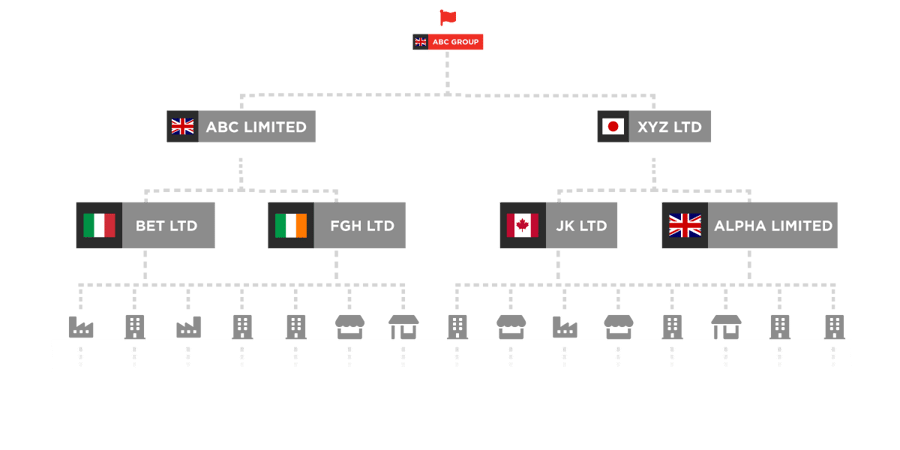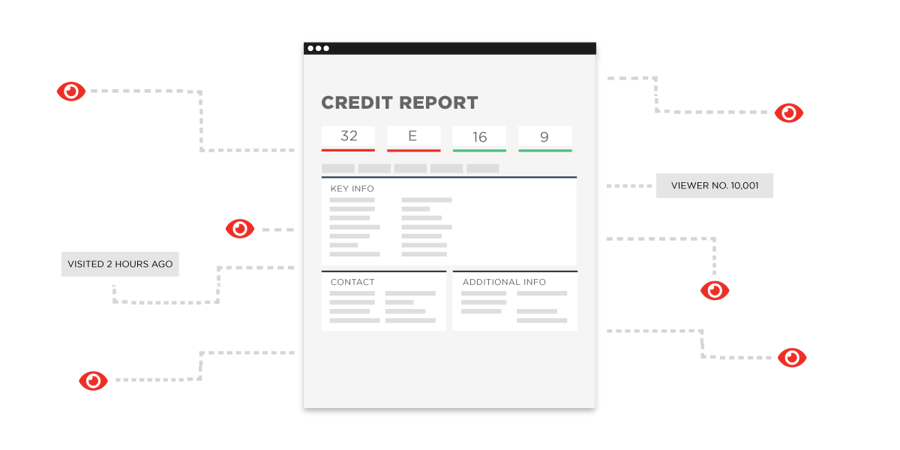A County Court Judgment (CCJ) is a court order issued against a company that has failed to repay a debt. The presence of CCJs on a company credit report is a significant red flag, indicating that the company has struggled to meet its financial obligations in the past. Multiple CCJs or a high value of outstanding debts can signal a higher risk of non-payment or late payment from the customer or supplier.


